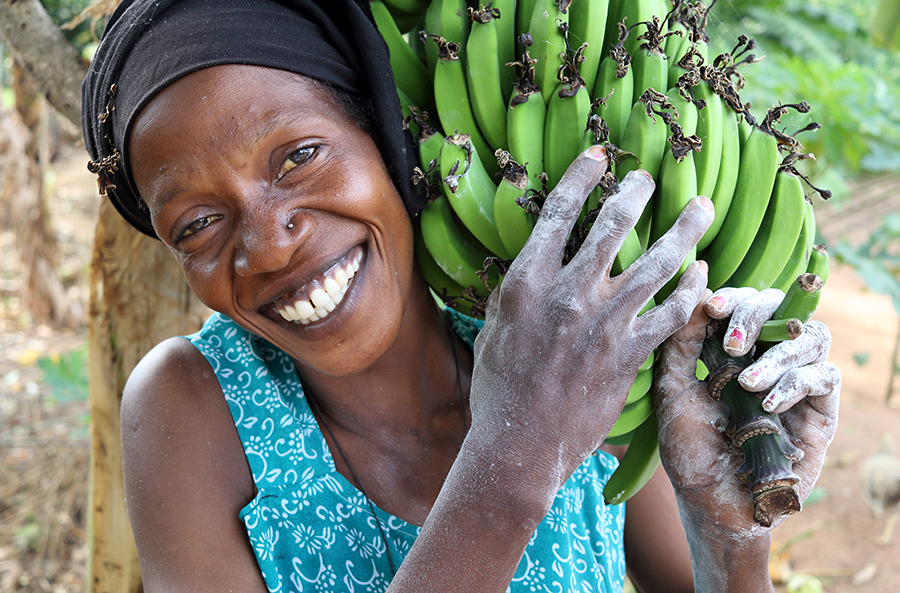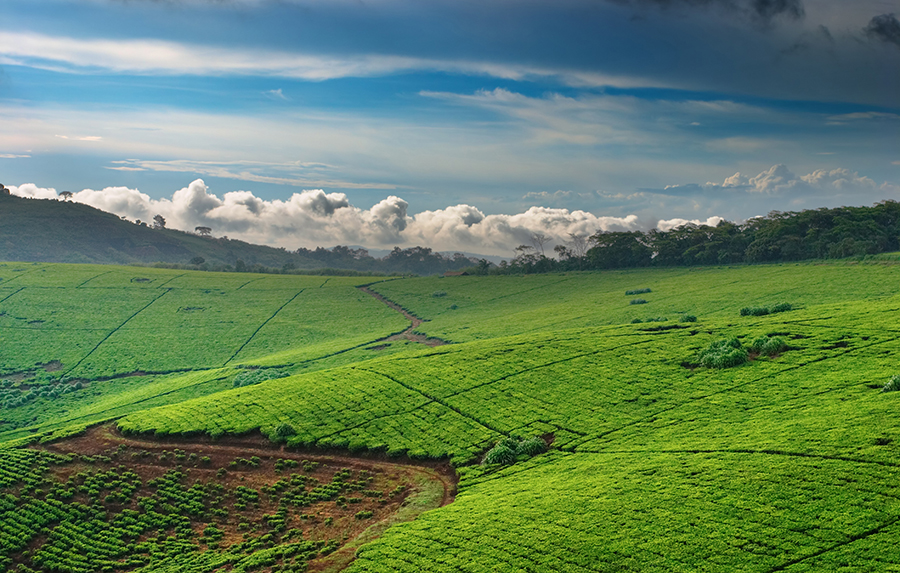Five Things The World Could Learn From Rwanda
I didn’t know what to expect from Rwanda.
At school, I learned about the tragic genocide that marked the country’s history. The image of a war-stricken Rwanda stuck with me forever, as it did to most. When I told people that Rwanda was on my list of countries to visit in Africa, I usually got puzzled looks. Why would anyone want to go to such a turmoiled place, anyway?
After being in Uganda and Kenya, I expected Rwanda to be the hardest country to travel in, but after just a few hours in the country, I stood corrected.
I never expected to see so much development from a tiny land-locked country in Africa, especially considering the country’s limited resources and tragic past. After the country was ruthlessly divided in 1994, Rwandans united to re-build their country despite its many disadvantages, and their collective efforts are visible on every step you take through this wonderful nation.
I quickly concluded that the world as a whole could learn from Rwanda’s astounding progress, and you’re about to see why!
Plastic bags are illegal
Non-biodegradable plastic bags were banned from the country in 2008 as a way to maintain a clean environment. Rwandans use only bags made out of paper, cloth, papyrus and banana leaves. This has not only made Kigali the cleanest city in Africa, it has also helped to boost the economy by providing entrepreneurs with new business ventures, as many invested in alternative packaging materials.

It’s low-key one of the most pro-women countries
Following the tragic genocide in 1994, President Kagame realized the country could not be rebuilt by men alone. In 2003, the new constitution stated that 30% of parliamentary seats should be reserved for women. During the 2003’s elections, 32% of the seats were appointed to women, and in the following election, the percentage went up to 64%.
Today, Rwanda is the country with the most parliament seats taken by women in the world.
Rwandans unite, despite their differences, to make their country a better place to live in
Every last Saturday of the month, Rwandans practice “Umuganda”, which means “working together to achieve a common purpose”
Put in simple words, Rwandans get together to work on different volunteer projects. This includes the building and restoration of schools, clinics, and hospitals as well as environmental conservation programs.
Rwandans didn’t wait for their government to fix their problems, they decided to play a key role in getting the work done.

No labels
After the events that divided the country in 1994, the education system discourages students since a young age from identifying themselves as Hutu or Tutsi. Instead, they are encouraged to focus on building a common Rwanda.
It’s SO green!
Rwanda is succeeding in environmental conservation. It has protected and restored its ecosystems back to health. Thanks to this, the tourism sector has grown, bringing in foreign currency into the country.
The restoration of wetlands has brought the water levels back to normal. Through this, Rwanda has increased hydropower production, boosting the country’s fishing sector.

These are just a few examples of the incredible environmental work Rwanda is doing. If you are interested in reading further on, head over to this page.